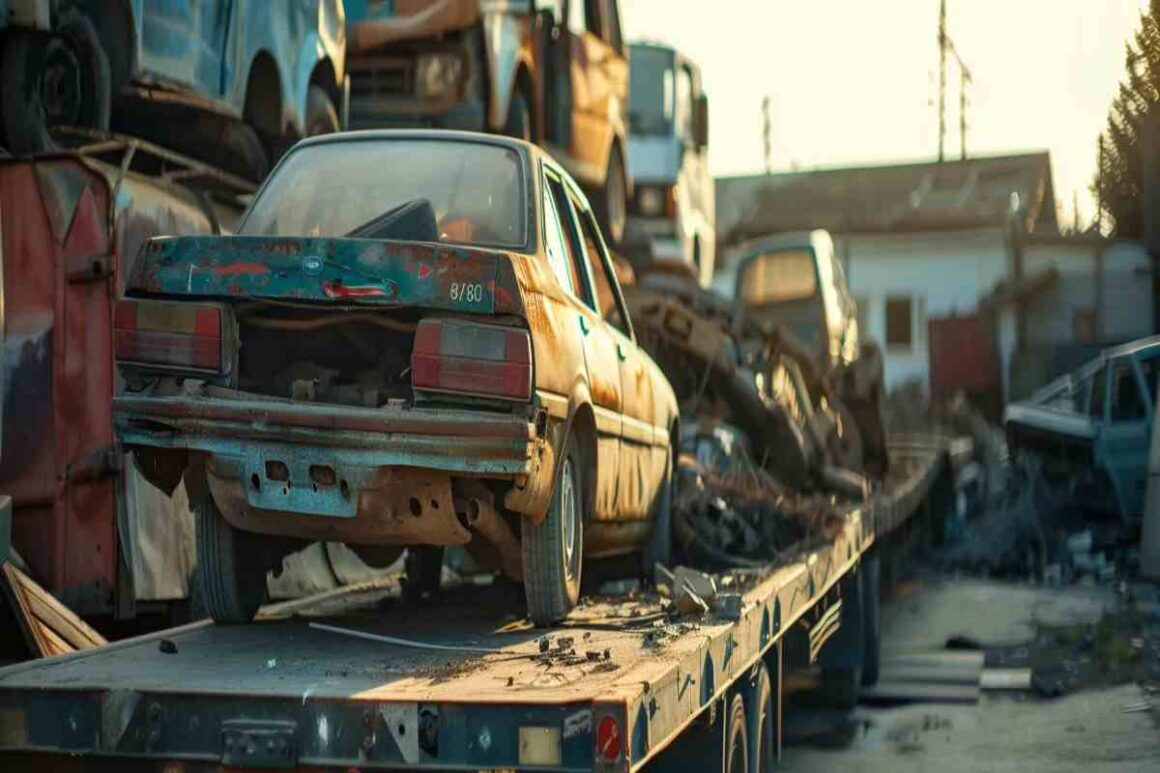Parting with an old car is often a challenging decision for many car owners. However, when a vehicle becomes more of a liability than an asset, it may be time to consider junking it. Junking a car can be a straightforward way to dispose of a vehicle that’s beyond repair, but the process might be unfamiliar territory for those going through it for the first time. Keep reading to discover how you can navigate through this process with ease.
Understanding the Process of Junking a Car
The idea of junking a car usually involves selling it to a salvage yard or scrap metal service. These businesses specialize in dismantling wrecked or decommissioned vehicles for parts and materials. When a car is no longer roadworthy, or the cost of repairs exceeds its value, the vehicle becomes a prime candidate for junking. The process begins with finding a reputable salvage dealer, which can often be done online or through referrals.
Determining whether junking your car is the best option involves assessing the condition of the vehicle. Consider factors like repair costs, resale value, and the potential for salvaged parts. If the sum of these numbers falls short of what you could make by selling the vehicle as scrap, then junking might be the best financial decision. Remember, the goal is to maximize the return on an otherwise depreciated asset.
Junking a car is not only about getting rid of an old vehicle, it’s also about doing it in an environmentally responsible way. Scrap yards follow specific procedures to dispose of cars sustainably, ensuring that all hazardous materials are managed correctly and that reusable parts find new life elsewhere.
Necessary Paperwork and Legal Requirements for Car Junking
Paperwork is an essential part of the process when junking your car. The most important document needed is the title, as it proves ownership and allows you to legally scrap the vehicle. In some cases, if the car is particularly old, a title may not be required. However, this varies by state, so it’s crucial to check your local regulations.
If you have a loan on the vehicle, you’ll need to pay it off before you can legally junk the car. Lenders hold the title until the loan is fully paid, and without the title, the junkyard cannot legally take possession. Ensure all financial obligations are settled to avoid any complications during the transaction.
Choosing the Right Junkyard: Tips for Sellers

Selecting the right junkyard is instrumental in the process. Start by researching local businesses and checking reviews to gauge their reputability. A legitimate junkyard will be licensed and comply with environmental regulations for disposing of your car. They should also offer competitive prices and transparent transactions without hidden fees.
Contacting multiple junkyards for quotes can also be advantageous. Having several offers allows you to compare prices and services offered. It’s not solely about getting the highest price but also about finding a junkyard that makes the process straightforward and hassle-free. Don’t hesitate to ask questions about the process, payment, and vehicle pick-up arrangements.
Preparing Your Vehicle for Junking: A Step-By-Step Guide
Once you’ve agreed to terms with a junkyard, it’s time to prepare your car for its final journey. Removing personal belongings from the vehicle is the first step. Check every compartment, under seats, and the trunk for any items that could be left behind. This is crucial as once the car is at the scrapyard; you may not have another chance to retrieve personal possessions.
Though the junkyard will handle fluids and hazardous materials, removing valuable parts if permitted, can add value. Items like GPS systems, high-grade speakers, or even newer batteries can often be sold separately. Just ensure to inform the junkyard of modifications as it could affect the agreed-upon price.
Overall, junking a car can be both an eco-friendly and financially sensible solution for a vehicle that’s reached the end of its useful life on the road. By understanding the process, knowing how to value your junk car, handling the necessary paperwork, choosing a reputable junkyard, and preparing your vehicle properly, you’ll ensure a smooth and beneficial transaction. With this knowledge, you can confidently say goodbye to your old car and hello to a little extra cash in your pocket.

